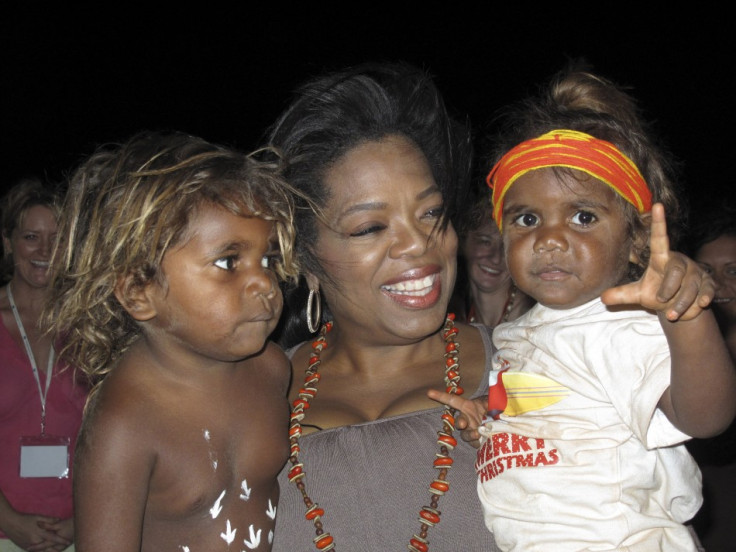Aboriginal rights activists call on Australian government to stop sending 10 year old kids to jail
Statistics reveal that almost 600 children aged 10 to 13 years of age have been detained in Australia in 2018- 2019
A campaign to raise the age of criminal responsibility from 10 years old to 14 years old is vociferously brewing in Australia. A group of lawyers, doctors and Aboriginal rights activists are on a mission to get this to change. However, the country's top law officials held off on its decision last month. The long awaited resolution was deferred until 2021, citing that they needed more time to explore alternatives applicable to incarceration of youngsters.
The Australian Capital Territory (ACT) was the first to vote on Thursday in favour of changing the criminal responsibility age to 14 years old. This is a move they hope the rest of the nation will come to terms with in a signed unified agreement to finally change the existing law.
In accordance to Australian law, children as young as 10 years old can be charged, duly arrested and brought to court as well as serve their sentences in jail. Although the minimum criminal age varies in different nations the world over, Australia has the lowest age in comparison to other European countries, Most have set their age liability at 14 while in some nations such as Portugal it is set at 16 years. England and Wales alongside Australia are also set at 10 years old. However, this does make them fall short of UN standards. The UN Committee on the Rights of the Child recommends that all countries follow the minimum criminal age of responsibility at 14 years old.
BBC shows data gathered from the Australian Institute of Health and Welfare recording 600 children between the ages of 10 and 13 that were detained in Australia in 2018 -2019. A concerning 65% of this lot were known to be Aboriginal or are Torres Strait Islanders. Studies have also put these indigenous children at 17 times more likely to be tossed in jail while those from the Northern Territory have it worse at 43 times higher than non-indigenous children.
A coalition of groups that has long been pleading for the change of this law strongly point out that children who have been subjected to the criminal justice system have higher chances of facing their future behind bars. Medical experts vying for this campaign also say that incarceration of vulnerable children will have long term damaging effects.
New South Wales Attorney-General Mark Speakman says more work is needed to probe into viable alternatives in managing children who commit offences outside the criminal justice system. The Law Council of Australia addressed this issue pointing its fingers at the lack of proper housing as the underlying cause of such criminal behaviour in children. Mental health was also another factor to consider according to the Royal Australasian College of Physicians. Children should have the necessary support for better mental health services along with their parents who could be deep in drug and alcohol issues. Indigenous groups are raising their voices to enable them to intervene in early behavioural stages of these children as they would have more knowledge to deal with them and apply these in community-led services for these vulnerable families.

© Copyright IBTimes 2025. All rights reserved.





















